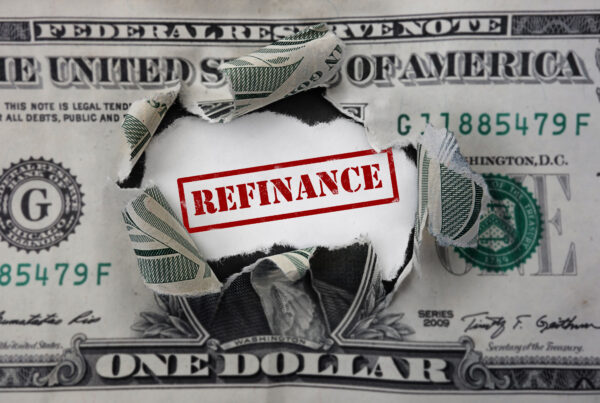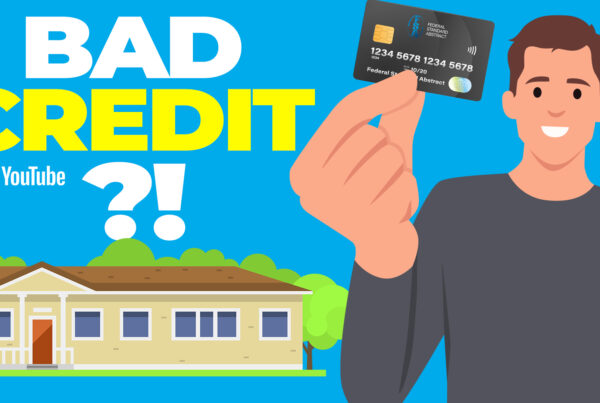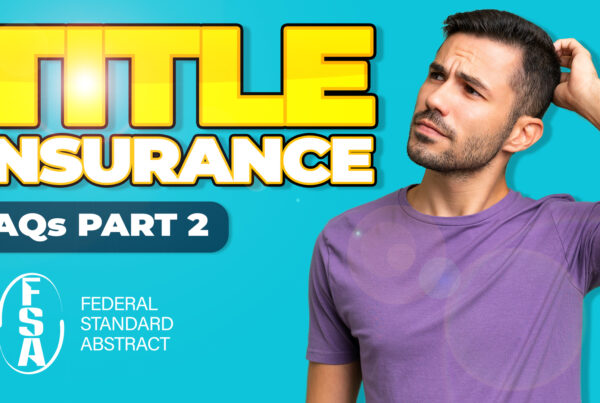Virtual closings have gained popularity during the pandemic. Online transactions are convenient but can also make us vulnerable to scams. With home sales and property values reaching their peak, we’re not surprised to see scammers started to favor this sector. The real estate industry has reported a jaw-dropping $893 million loss due to fraud in just two years, with an average of $106K loss per incident.
Purchasing a house is often the most significant transaction one would ever make; hence, it’s crucial to learn about different types of fraud and not become the next victim. We invited our trusted Title Closer, Maureen Fitzpatrick, to share some common ones.

One of the common scams targeting potential homebuyers is a down payment fraud. Scammers often pose as your broker or lender and solicit fraudulent down payments. They would contact you via a compromised or fake email address and ask you to reroute your down payment.
Sometimes, emails don’t always come from who they claim to be. As the saying goes, “trust, but always verify.” Call your title company or attorney and see if they really reach out to you with new payment instructions. Never share sensitive financial details over email unless you have to. When you cross that bridge, make sure all your emails are encrypted.
Remember, it’s always a red flag when your lender or broker suddenly gives you brand-new wire transfer instructions.

Another common fraud is scammers posing as sellers when they don’t actually own the property. They would claim to be traveling or out of town for business, etc., and never show up in person. They would even have a fake notary to notarize forged deeds and documents. If buyers fall for their tricks, scammers will go through the selling process and vanish once they receive your money.
As scary as they sound, there are still signs that signal a potential seller impersonator. Be careful when the listed properties aren’t owner-occupied or are vacant lands. As mentioned above, if the seller only communicates through texts or emails and never does video chat or wants to meet face-to-face, you should be very cautious. Another red flag is a “too good to be true” deal. If the seller is asking for a lower than market value price, very cooperative with your requests and urge for an all-cash transaction, run! Don’t walk!

Real estate transactions involve vast sums of money, making them a lucrative target for scammers. Remember, always work with a trusted broker, attorney, and title company like FSA. Feel free to contact Federal Standard Abstract if you have any questions, and check out our YouTube channel for a video version of this blog! Until next time!






